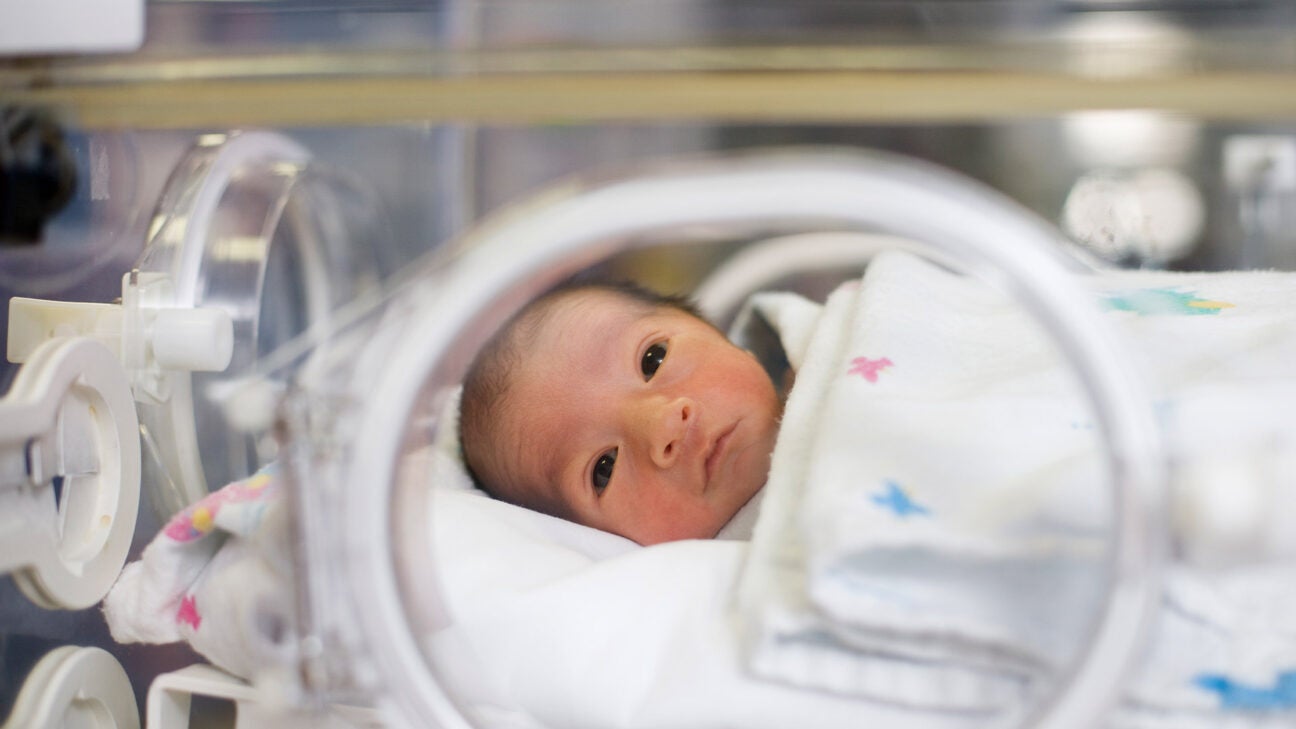
- Epidurals are the standard for mitigating pain during labor.
- Almost 75 percent of U.S. women used epidurals during labor in 2015.
- A new study finds that epidurals do not affect child development in later years.
Administrating an epidural is one of the earliest actions you can take to prevent pain during labor.
Epidurals are a medication injected into the epidural space around the spinal cord. The purpose is to stop the feeling of pain in that part of the body, and is often associated with pain relief during childbirth.
Epidurals have become commonplace and help many people be able to give birth with less pain.
There are some clear side effects or risks, including fever, headache, low blood pressure, and lower fetal heart rate. In rare cases, injury to the spinal cord or nerves and breathing issues may occur.
But the research on the long-term effects of epidurals on children themselves has been limited. People have been concerned about getting an epidural in case it could affect their child later on.
But now a new study published last week emphasizes that the use of an epidural during labor is not associated with neurodevelopmental issues for children later in life.
What is an epidural?
Epidurals are the standard for mitigating pain during labor. In 2015, almost 75 percent of U.S. women used epidurals during labor. Their use is approved by the World Health Organization.
Epidurals can be requested by the birthing parent or their healthcare team.
“The medications for an epidural are directly placed into the epidural space in the mom’s back around the spinal cord. They basically block pain fibers to make moms more comfortable,” said Dr. Mary Jane Minkin, an OB-GYN and clinical professor of obstetrics, gynecology, and reproductive sciences at Yale University School of Medicine.
What this study found
The study, published in JAMA Network Open, included a total of 435,281 live births from Jan. 1, 2007, to Dec. 31, 2016, with the use of a labor epidural in Scotland.
Among these births, 94,323 had labor epidurals administered, and 340,958 did not.
The babies represented a range of ethnicities. Researchers looked at key info from when the children were toddlers and found there were no associated findings of neurodevelopmental issues.
Getting an epidural was associated with a reduction in spontaneous vaginal deliveries, an increased risk of neonatal resuscitation, and an increased risk of the infant being admitted to the neonatal unit.
But researchers did not see significant developmental issues 2 years after the children were born.
“Children of mothers who received an epidural were less likely to be identified as raising concerns about communication, fine motor function,” or have abnormal development according to certain analyses, the study authors wrote.
“This nicely confirms that epidurals really have no significant adverse effects on babies,” Minkin said.
“They do not give any significant systemic absorption into the mother’s bloodstream. The major potential side effect is to lower the mother’s blood pressure transiently, and we monitor that quite carefully, and treat the mother with fluids and medications if the blood pressure falls,” she added.
Minkin said this research can help expectant parents make important decisions about their birth plan with more confidence.
“The major effect is that moms relax, and that can also help the uterine contractions help to dilate the cervix,” Minkin said. “I have delivered thousands of babies for moms who had epidurals, and they have done quite well.”
In an associated commentary from Dr. Alexander J. Butwick, MS, professor of anesthesiology and perioperative and pain medicine at Stanford University School of Medicine, Butwick says the study adds to a large body of research that epidurals are safe.
“These findings add further evidence to suggest that epidural pain relief does not influence the risk of adverse neurodevelopmental outcomes in offspring,” Butwick wrote.
Butwick also pointed out there were limitations to that study, including the fact that it was not clear the level of neonatal care available at the hospitals where the births occurred.
Butwick wrote more should be done to research the effects of epidurals.
What do the findings mean?
The study adds further evidence to the argument that epidurals are safe for both the birthing parent and the baby during labor.
Of course, every person must do what is right for their own body and baby when giving birth. This study does suggest, however, that concerns over neurological development after the use of an epidural may be alleviated.
“I had epidurals for both of my pregnancies, and the kids turned out fine,” Minkin added.
“I think this paper gives extra reassurance to mothers who might be hesitant about taking an epidural in labor,” she said.
* This article was originally published here
No comments:
Post a Comment